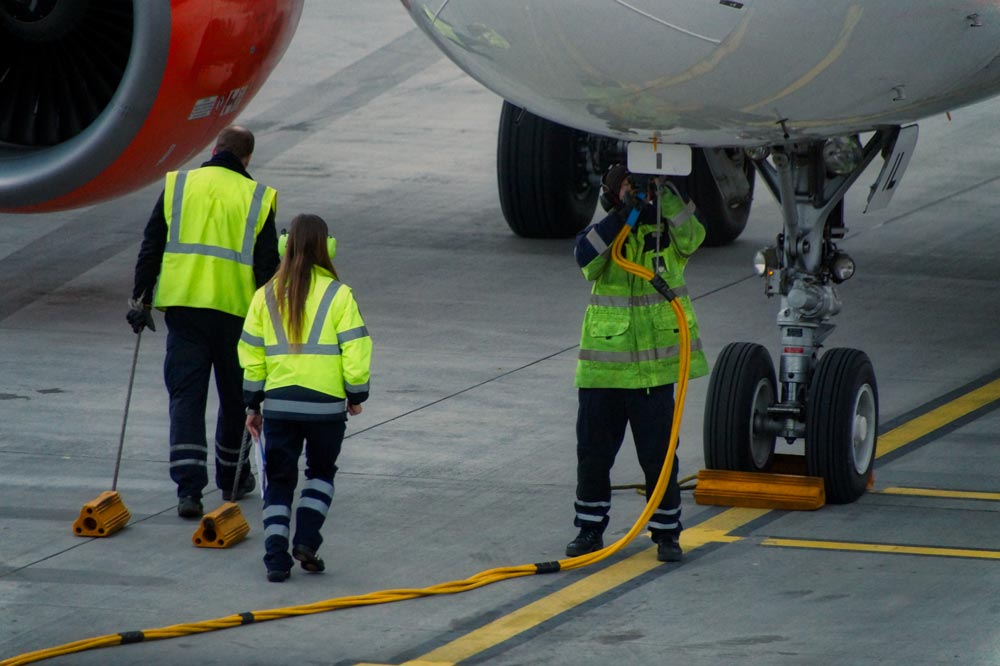If you work in a safety-critical role, the rules around drugs and alcohol are likely to be more severe — and for good reason. We’re talking about pilots, truck drivers, crane operators and anyone working with heavy machinery. These jobs rely on sharp judgement, fast reflexes and split-second decision making. One mistake can have serious consequences. That’s why zero tolerance for alcohol and drugs is often the rule, not the exception.
But it’s not just a night out on the beers or a few puffs of cannabis that can cause issues. If you’re feeling sick, are in pain, have allergies or need help to sleep, common medications can also cause drowsiness, blur your vision, slow your reflexes, or even make you feel light-headed.
That’s why anyone in a safety-sensitive role needs to think before they medicate — even for common issues like colds, allergies or pain.
Common medications to be cautious with
The Civil Aviation Safety Authority (CASA) recently issued a timely reminder about the issue. The information was published on the Flight Safety Australia website. While the reminder was focused on those in the aviation industry, the same advice is important for anyone in a safety-sensitive role who faces drug and alcohol testing at work.
Here are some common medications that can cause problems:
- Cold and flu meds: Some contain codeine or sedating antihistamines, which can affect your alertness.
- Antihistamines: Used for hay fever or allergies. Some can cause drowsiness and poor coordination. Non-sedating options are available.
- Cough suppressants: May contain codeine or alcohol, which can impact concentration and slow reaction times.
- Pain relievers: Stronger medications, like opioids, can impair thinking and delay your response.
- Sleeping pills and anxiety meds: These can leave a hangover effect well into the next day.
Flight Safety Australia points to just one recent example, involving a pilot who had used an over-the-counter cough syrup medication. Unbeknown to the pilot, the cough medicine contained alcohol.
Even medications you’ve used before can affect you differently depending on sleep, stress, food intake or alcohol from the night before. The safest option? Talk to your GP or pharmacist before taking any new medication if you’re in a safety-sensitive role.
Flying high a big no in the aviation industry
Let’s zoom in on one industry that takes this issue very seriously — aviation.
Pilots, cabin crew, air traffic controllers, engineers and ground staff all perform safety-sensitive aviation activities (SSAAs). Mistakes in any of these roles can have serious consequences. That’s why CASA runs a random drug and alcohol testing program across Australia.
In a recent 12-month period, more than 13,000 drug and alcohol tests were carried out across the aviation sector. The results are a clear warning.
- 17 people tested positive for alcohol, most because they still had alcohol in their system from drinking the night before.
- 5 people tested positive for drugs, including cannabis, cocaine and methamphetamine.
It’s a reminder that even small slip-ups — like misjudging how long alcohol stays in your system or using recreational drugs — can put your career at risk.
Travis Healy, CASA’s Manager of Investigations, is quoted in a Flight Safety Australia website article:
“Our aim is to provide a robust alcohol and other drug testing program that provides sufficient deterrence and detection capabilities, in order to deter the use of AOD by all persons performing SSAA in the Australian aviation industry.
“The program sends a clear message to the aviation industry that when performing roles which have a safety aspect, either directly or indirectly, they should not risk their judgement or abilities by being affected by drugs or alcohol at work.”
Avoid a positive drug or alcohol test
The message is simple. Whether you’re in the skies or on the ground, in a cockpit or behind the wheel, if you’re in a safety-critical role medication matters. The wrong choice — or the right medication taken at the wrong time — can impair your performance and put people at risk.
So before you reach for that cold and flu tablet, take a look at the CASA website and have a chat with your doctor or pharmacist.
FEATURED IMAGE CAPTION:
If you work in a safety-critical role like aviation or heavy transport, even common medications can impact your performance. Learn why zero tolerance for alcohol and drugs matters — and how testing is helping keep workplaces safe.
Feeling sick or in pain. If you work in a safety-critical role like aviation or heavy transport, make sure the medication you reach for is safe to use.






